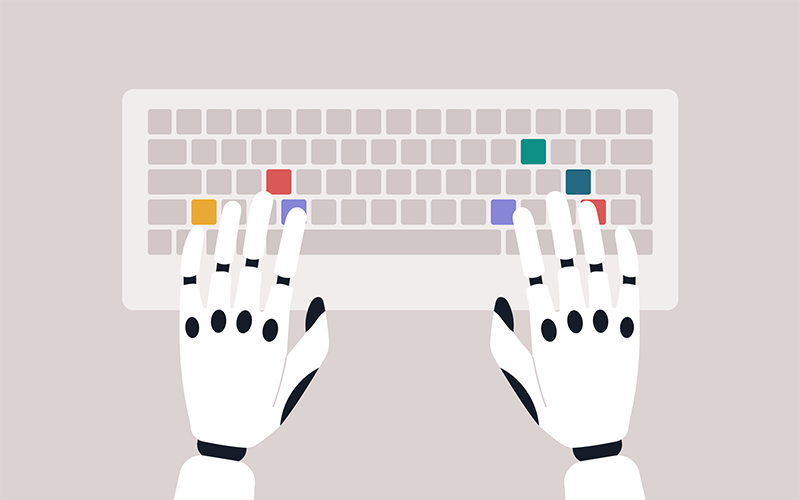Randstad data reveals widening of the AI skills gap

New research from Randstad has suggested that AI inequities stand to worsen labour shortages if left unchecked.
Key points the research include:
- While 75% of companies are adopting AI, only 35% of talent have received AI training in the last year.
- 71% of AI-skilled workers are men, with just 29% women – a 42-point gender gap.
- Just one in five ‘Baby Boomers’ have been offered AI skilling opportunities, compared to almost half of Gen Z workers.
The Randstad report, ‘Understanding Talent Scarcity: AI and Equity’, has found that there is an AI skills gap taking hold. The insights were derived from data from nearly 3m job profiles and the experiences of over 12,000 individuals around the world.
The data brings into focus a divide regarding access to AI training and opportunities, with 42% more men than women reporting AI proficiency, and just 22% of Baby Boomers and 28% of Gen X have been offered AI skilling opportunities, compared to 45% of Gen Z and 43% of Millennials.
However, with younger talent driving AI skills acquisition at unprecedented rates, growing by 292% vs an average of 110%, this has also brought early signs of a narrowing gender gap, the report said. Women who have been working around 30 years account for only 21% of talent with AI skills; however, when looking at those with less than one year of experience, this rises to 34%.
The report also highlights other shortcomings when it comes to gender equity and AI opportunities at work. Just over a third of women have been offered access by their employers to use it in their role (35%) compared with two-fifths of men (41%), and men are 10% more likely than women to use AI to problem-solve at work.
When it comes to AI skilling, women are not only 5% less likely to be offered AI skilling opportunities, but they also feel less confident (30%) than men (35%) that the training they have received has adequately prepared them to utilise the technology in their careers.
“This points to a divergence forming between men and women, with men more likely to be able to capitalise on the surge in demand for AI roles in today’s global job market,” the report said. This can already be seen in advanced technical areas such as Deep Learning, where 76% of the talent pool is male.
The report highlights a significant generational divide in AI adoption. While younger workers are rapidly embracing AI in their roles, Baby Boomers are notably lagging. Less than one in three (31%) Baby Boomers currently use AI, while nearly half (48%) of Gen Z are leveraging the technology, potentially boosting their productivity and positioning themselves more favourably for AI-driven roles.
To address the widening AI skills gap and ensure all demographics can contribute to enhanced productivity in the fight against talent scarcity, Randstad’s report provides key recommendations for organisations to promote equitable AI adoption.
- Rethink skilling: Organisations must adopt faster, more inclusive skilling approaches to ensure that all demographics can keep up with rapidly evolving AI technologies.
- Explore possibilities & limitations: It is crucial for companies to critically assess both the potential and limitations of AI, addressing biases and ensuring that talent is well-prepared to use the technology effectively.
- Take a personalised approach: Employers should understand the unique barriers different groups face in AI adoption and tailor skilling opportunities to meet these diverse needs.
- Foster collaboration: Partnerships between businesses, educational institutions, and societal organisations are essential to bridge AI skills gaps and ensure long-term equity across all demographics.
• Comment below on this story. Or let us know what you think by emailing us at [email protected] or tweet us to tell us your thoughts or share this story with a friend.




